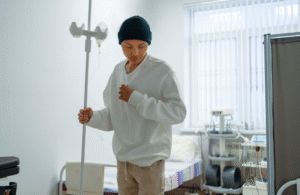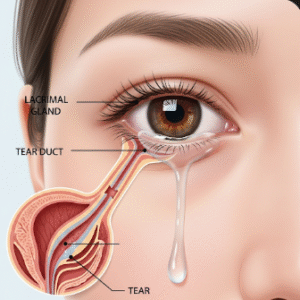Overview
Heartburn is a common digestive condition characterized by a burning sensation in the chest, often associated with acid reflux. In Korea, heartburn affects a significant portion of adults, influenced by dietary habits, lifestyle factors, and stress. Modern gastroenterology care in Korea offers effective diagnosis, treatment, and lifestyle guidance to manage this condition.
What is Heartburn?
Heartburn occurs when stomach acid flows back into the esophagus, irritating its lining. It is a primary symptom of gastroesophageal reflux disease (GERD) but can also appear sporadically due to certain foods or lifestyle factors. Both men and women can experience heartburn, and it may occur occasionally or chronically.
Symptoms
- Burning sensation in the chest, often after eating
- Regurgitation of food or sour liquid
- Difficulty swallowing
- Sensation of a lump in the throat
- Chronic cough or throat irritation
- Hoarseness or voice changes
Causes
- Weak or relaxed lower esophageal sphincter (LES) allowing acid reflux
- Overeating or consuming spicy, fatty, or acidic foods
- Obesity and excessive body weight
- Smoking or alcohol consumption
- Pregnancy-related hormonal changes
- Certain medications such as NSAIDs or blood pressure drugs
Risk Factors
- Overweight or obesity
- Smoking and alcohol use
- Dietary habits high in spicy, fatty, or acidic foods
- Hiatal hernia
- Pregnancy
- Chronic stress and lack of sleep
Complications
If untreated or frequent, heartburn can lead to:
- Esophagitis (inflammation of the esophagus)
- Esophageal ulcers or bleeding
- Barrett’s esophagus (precancerous changes)
- Difficulty swallowing or strictures
- Chronic cough, laryngitis, or respiratory problems
Prevention
- Eat smaller, frequent meals and avoid lying down after eating
- Limit trigger foods such as spicy, fried, or acidic foods
- Maintain a healthy weight
- Avoid smoking and limit alcohol intake
- Elevate the head while sleeping if reflux occurs at night
- Manage stress through relaxation techniques and exercise
Treatment Options in Korea
Korean gastroenterology care provides a range of treatments for heartburn:
- Lifestyle modification:
- Dietary adjustments, weight management, and post-meal behavior changes
- Medications:
- Antacids, H2 blockers, and proton pump inhibitors (PPIs) to reduce stomach acid
- Diagnostic testing:
- Endoscopy, esophageal pH monitoring, and manometry to assess severity and rule out complications
- Surgical options:
- Fundoplication or minimally invasive anti-reflux surgery for severe or refractory cases at hospitals like Samsung Medical Center, Asan Medical Center, and Seoul National University Hospital
- Follow-up care:
- Regular monitoring for chronic GERD or complications
- Patient education:
- Guidance on diet, lifestyle, and medication adherence to prevent recurrence
With timely treatment and lifestyle adjustments, most patients in Korea can control heartburn effectively and prevent long-term complications.












